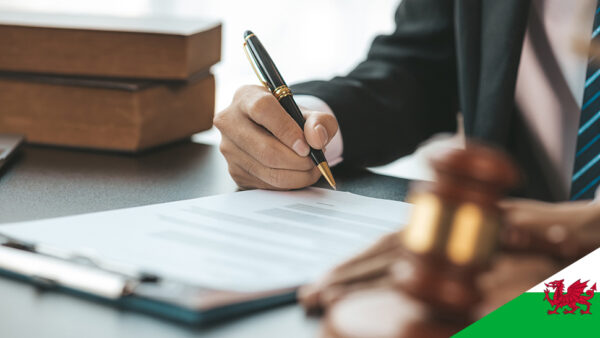

The main reasons why a company might want to buy back shares from shareholders are to provide a route for a shareholder exit and to return surplus cash to shareholders.
Shares which have been bought back by a company are effectively cancelled – all other shareholders’ percentages increase pro rata as there are fewer shares in issue – which avoids any disputes around dilution. Subject to certain conditions being met, it is possible that the proceeds of the buyback will be subject to capital gains tax (rather than income tax) in the hands of the exiting shareholder. Whatever the reason, share buybacks are easy to get wrong and those unaware of the procedural requirements run the risk of the buyback being void with far-reaching consequences.
The Companies Act 2006 sets out strict rules on how to undertake a share buyback and failure to follow these to the letter results in the buyback being void and an offence committed by the company and every director in default. In practice, companies and directors are usually completely unaware of procedural irregularities, which may only come to light years later and usually just before a sale of the company.
Here we set out just some of the issues a private limited company should consider when planning a share buyback.
Initial considerations
- What consents/approvals does the company require to buy back shares?
- How will the company finance the purchase? Does it have enough distributable profit, or will it need to use its share capital?
- If financing the purchase out of capital, can the company use the ‘de minimis’ exemption for small buyback amounts? For higher value buybacks, can the directors satisfy the requirement for a declaration of solvency covering the 12 months after the buyback is completed?
- Is there sufficient cash in the business to pay the full buyback price on completion? If not, should the company consider multiple completions?
- Can the company borrow money to pay the consideration?
Consequences of a void share buyback
As M&A lawyers, we see too many historical share buybacks that have not been carried out correctly, mainly when we are preparing a client’s company for sale or conducting due diligence on a share purchase. Examples of procedural errors that can render a share buyback void are the company not paying the full consideration at the time of completion of the buyback agreement and, in the case of a buy back out of share capital, failing to pay the consideration within a strict seven-week window from the date of approval of the arrangement by the shareholders.
Sometimes these mistakes stop a transaction in its tracks because shares which are the subject of a void share buyback are in law still owned by the original shareholder. Theoretically, that shareholder is entitled to a share of any dividends declared by the company on shares of the same class since the void share buyback. Imagine the potential increase in value of those shares over that period that that shareholder is notionally entitled to on a sale.
A purchaser will usually want to acquire the entire issued share capital in a target and is unlikely to proceed with a purchase if there is a void share buyback, unless the buyback can be completed again properly or the court confirms that the original shareholder has no further rights in the shares.
The key point is to make your plans carefully if you are thinking of a company share buyback, either as a company or as the selling shareholder.










